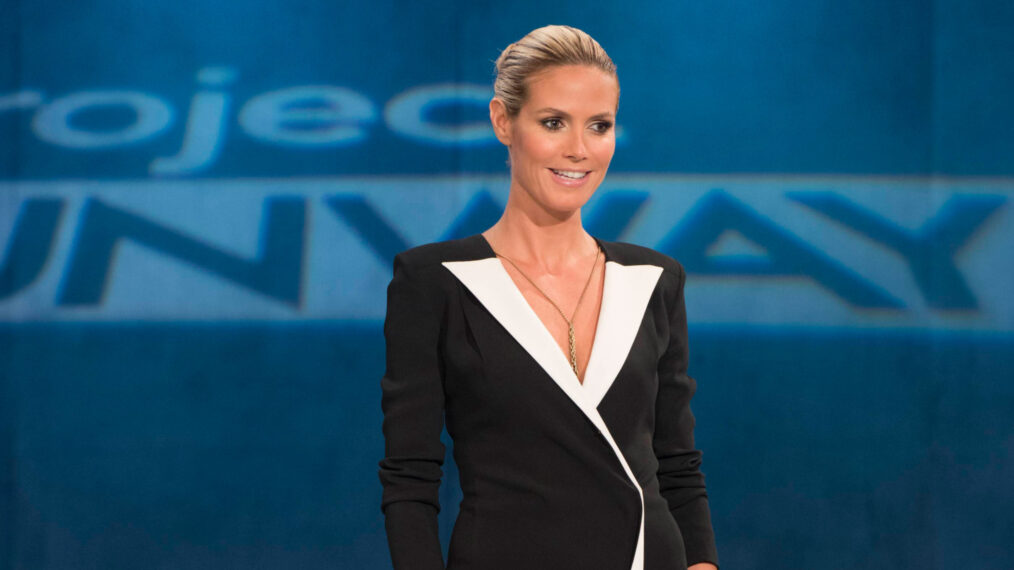Stephen Hammer will serve as the founding chief executive of the New York Climate Exchange. Led by Stony Brook University, the center, on Governor’s Island, will aim to “implement innovative climate solutions,” both in New York City and around the world, according to a new release.
Hammer is a recognized global climate policy expert, and for the past decade, served as the top climate advisor at the World Bank.
At the New York Climate Exchange, Hammer will lead a consortium of more than 45 partner organizations that aim to solve climate challenges.
Hammer brings a wealth of expertise on urban-scale climate solutions, global climate policy, and finance issues, where he spearheaded key climate partnerships with the United Nations Framework Convention on Climate Change, the UN Secretary General’s team, and the G20, and supported efforts to mainstream climate change into all facets of the World Bank’s lending operations.
With Hammer’s appointment, New York City “takes one step closer to opening this hub of future innovation, bringing together our leading research and educational institutions, and creating the economic and academic opportunities New Yorkers deserve,” New York City Mayor Eric Adams said in a statement. “His academic expertise and proven record of leadership in New York City and across the globe make Dr. Hammer uniquely positioned to serve as the Exchange’s first leader.”
Hammer has held faculty posts at MIT’s Department of Urban Studies and Planning, Columbia University’s School of International and Public Affairs, and the Pratt Institute, where he specialized in urban energy systems and policy, often with a specific focus on New York City. He also co-founded and co-directed the Urban Climate Change Research Network, an international consortium of researchers interested in climate change from an urban perspective, and served on Mayor Bloomberg’s Energy Policy Task Force, advising on PlaNYC, the City’s long-term growth and sustainability initiative.
“There is truly no organization like this across the globe,” Hammer said in a written statement. “Worldwide, too many sectors – the business community, non-profits, government, academics, and more – are working in silos. The Exchange is not just another institute – it’s part think tank, part do-tank – serving as a training ground for the climate leaders of tomorrow and an incubator for technology and market entrepreneurs.
“It’s meant to innovate and have an impact, to defend science, and to make New York City a living laboratory for international solutions,” Hammer added. “Climate change is going to reverberate across the world and every aspect of society, and working with our world-class partners, we’re going to bring people together to deliver real impact on this collective, existential challenge.”
Maurie McInnis, chair of the board of directors of The New York Climate Exchange, and president of Stony Brook University, said that in “Dr. Hammer, we have a true convener capable of working across sectors, nurturing meaningful solutions to the climate crisis, and delivering action.”
She added that “as communities across the world struggle to adapt to the effects of climate change, we are putting a highly credentialed leader at the helm to expedite solutions scalable for any community. We look forward to working with Dr. Hammer and our dozens of partners to create scalable solutions.”
Comprised of world-class organizations across academia, business, and community, The Exchange’s partner network fosters collaboration to drive innovation and implement impactful solutions. With 14 academic and corporate organizations and over 30 community entities from environmental justice, research, and government organizations in New York City, partners have begun to work together to advance climate education, research, job training, public programs, and commercialization to prepare communities to respond to climate challenges.
These efforts are aided by initial investments of a combined $100 million from the Simons Foundation and Simons Foundation International, and $50 million from Bloomberg Philanthropies. Partners of The Exchange include: Boston Consulting Group, Georgia Institute of Technology, Good Old Lower East Side, IBM, Pace University, Pratt Institute, Stony Brook University, University of Washington, Duke University , Moody’s, New York University, Rochester Institute of Technology, SUNY Maritime College, The City University of New York and University of Oxford
“The Simons Foundation is thrilled to welcome Dr. Stephen Hammer as the founding CEO of The New York Climate Exchange,” David Spergel, president of the Simons Foundation said in a written statement.
“The work starts with understanding the climate science, modeling the risks, and estimating its impacts on New York City, its infrastructure, and its environment,” Spergel added. “New York can be a model for the world’s cities. Dr. Hammer is poised to lead a trailblazing organization that brings together a broad and diverse set of talents to address the greatest challenge of our times, climate change.”
“The Climate Exchange will help New York remain a global leader in developing and spreading sustainable solutions — a position that Dr. Hammer helped us establish more than a decade ago,” Michael Bloomberg, UN secretary-general’s special envoy on Climate Ambition and Solutions, 108th mayor of New York City and founder of Bloomberg LP and Bloomberg Philanthropies, said in a written statement.
“With the Exchange’s focus on public-private partnerships, it can help cities be bolder, connect to private finance, and move faster on climate action,” he added. “Our team at Bloomberg Philanthropies is looking forward to working with Dr. Hammer as he begins leading this first-of-its kind organization.”
The Exchange will eventually be housed in a $700 million facility on Governors Island, and is expected to open in 2028.


























































![Mason Ramsey – Twang [Official Music Video] Mason Ramsey – Twang [Official Music Video]](https://i.ytimg.com/vi/xwe8F_AhLY0/maxresdefault.jpg)


















:quality(85):upscale()/2025/01/15/049/n/1922564/a753b85967884eaf8fe5f9.34920179_.jpg)

